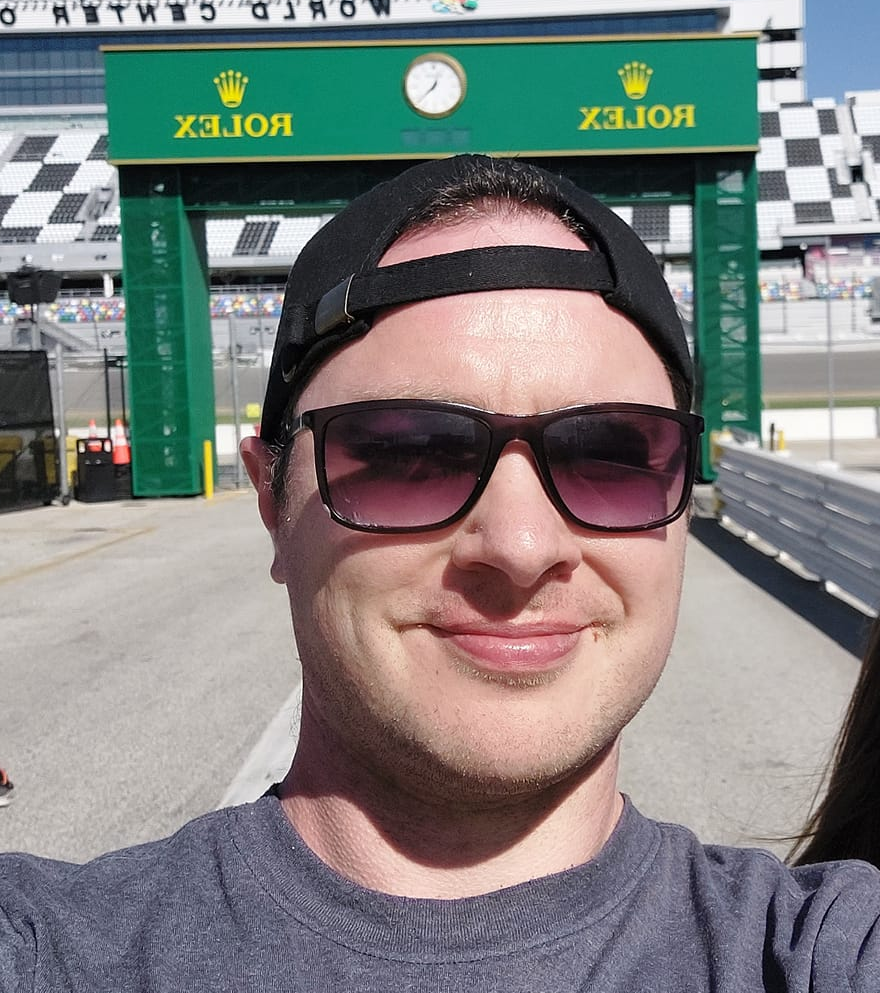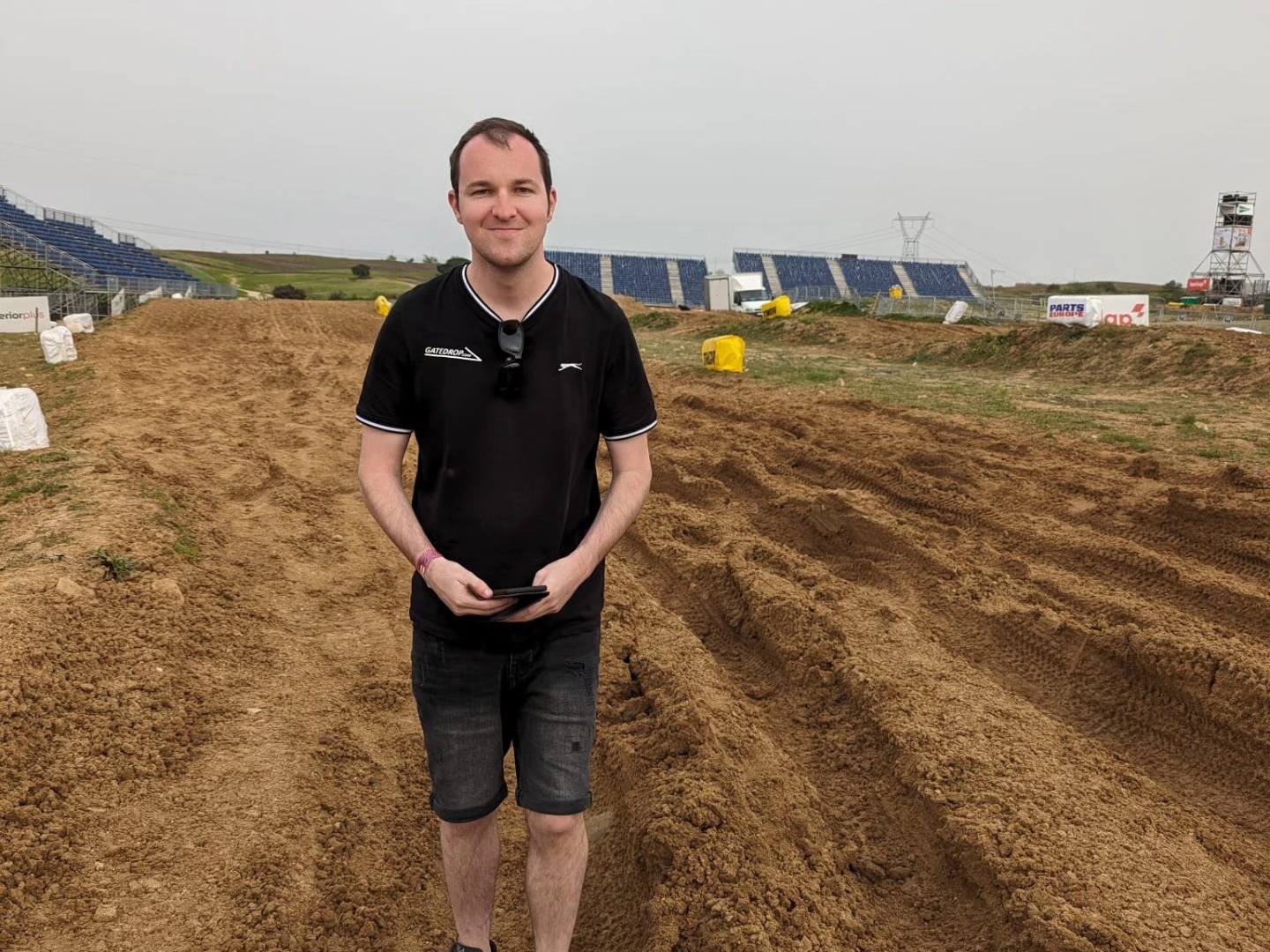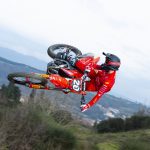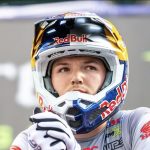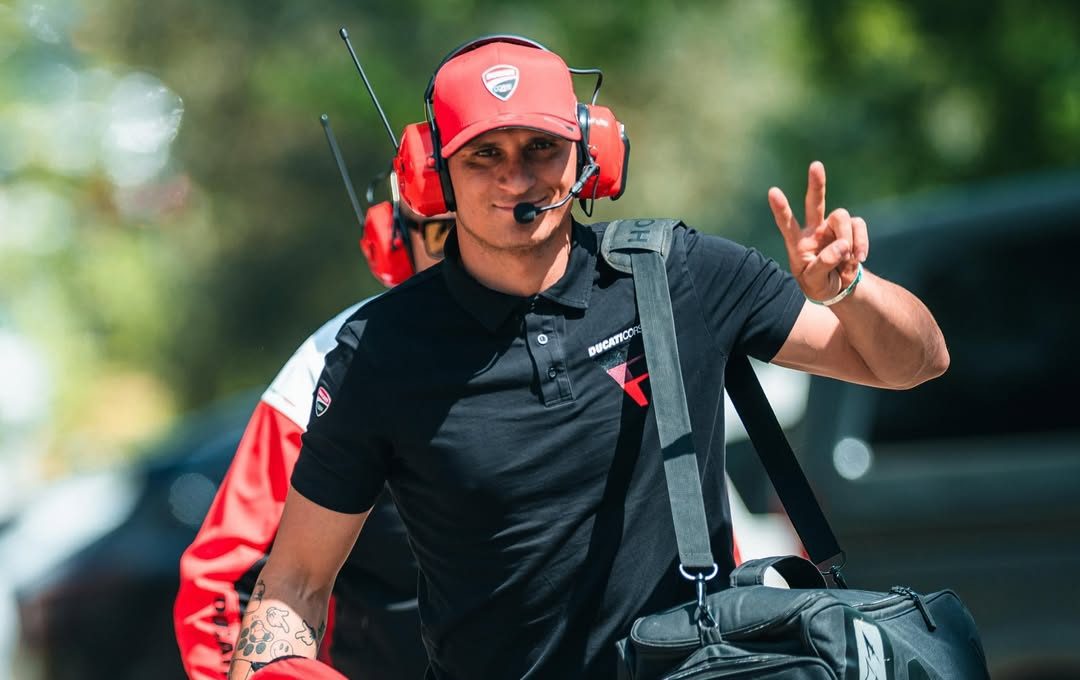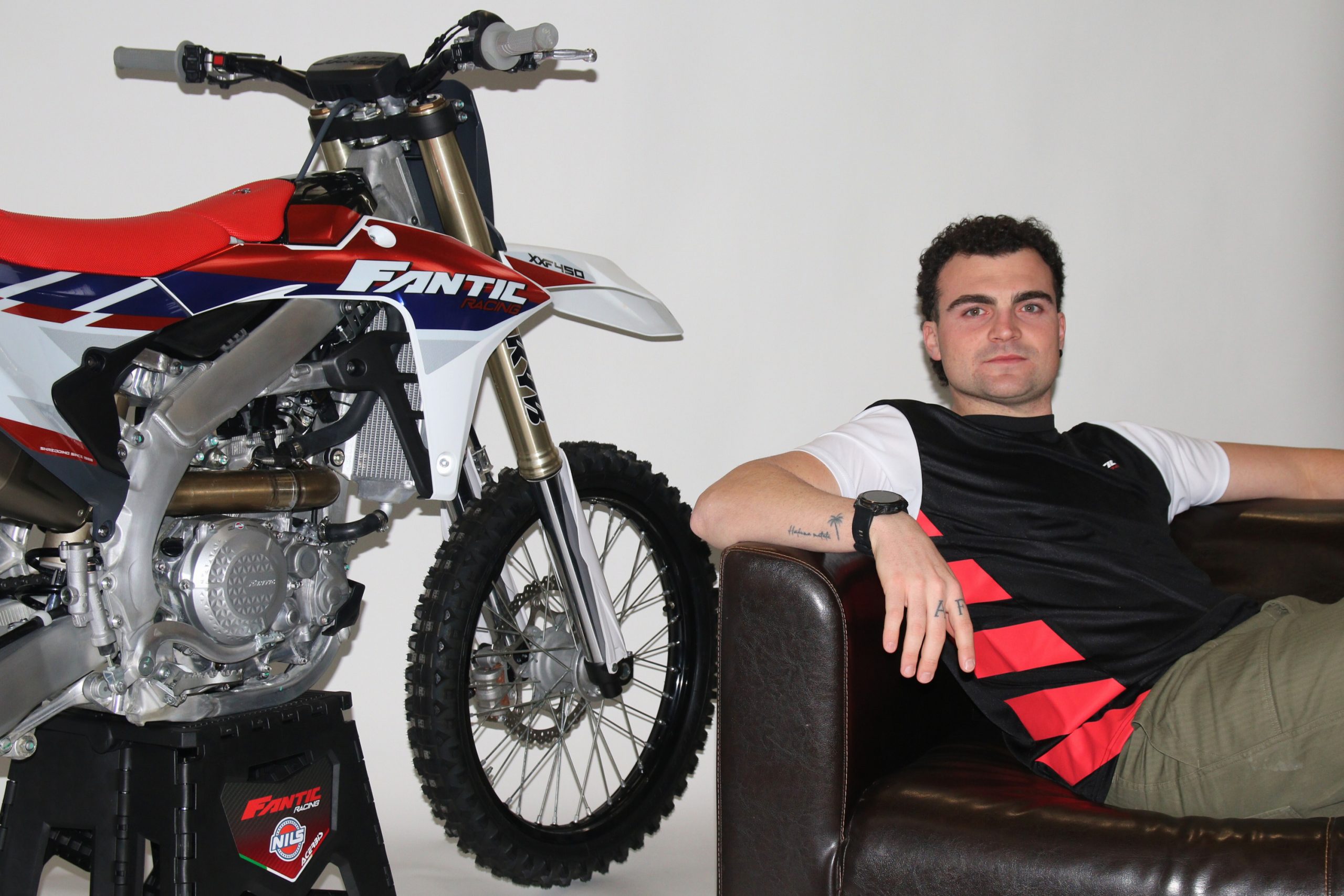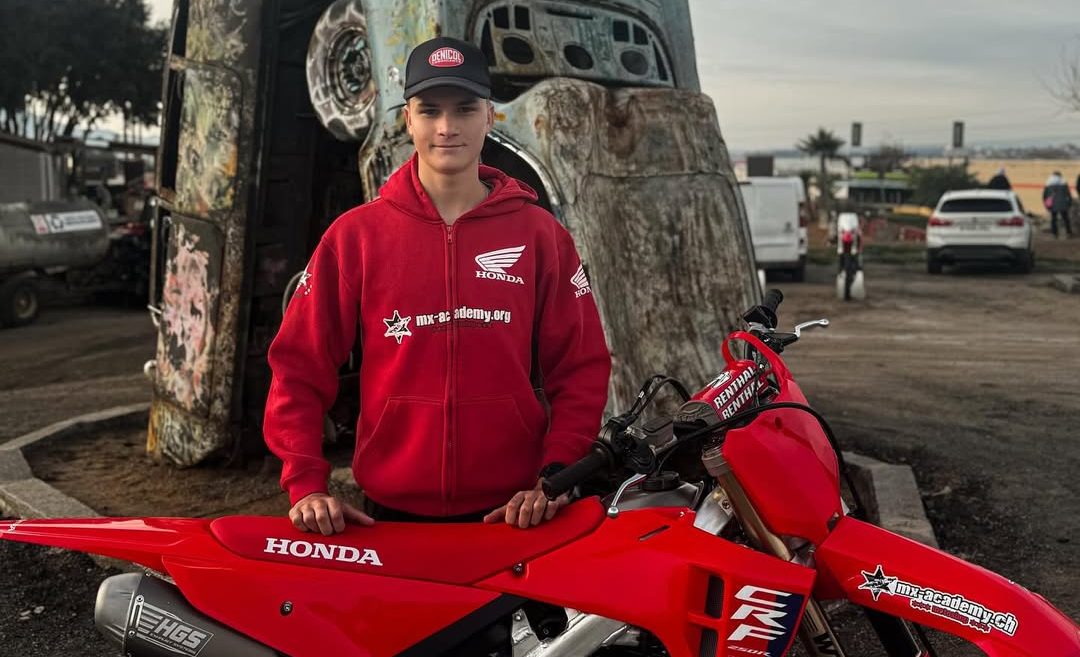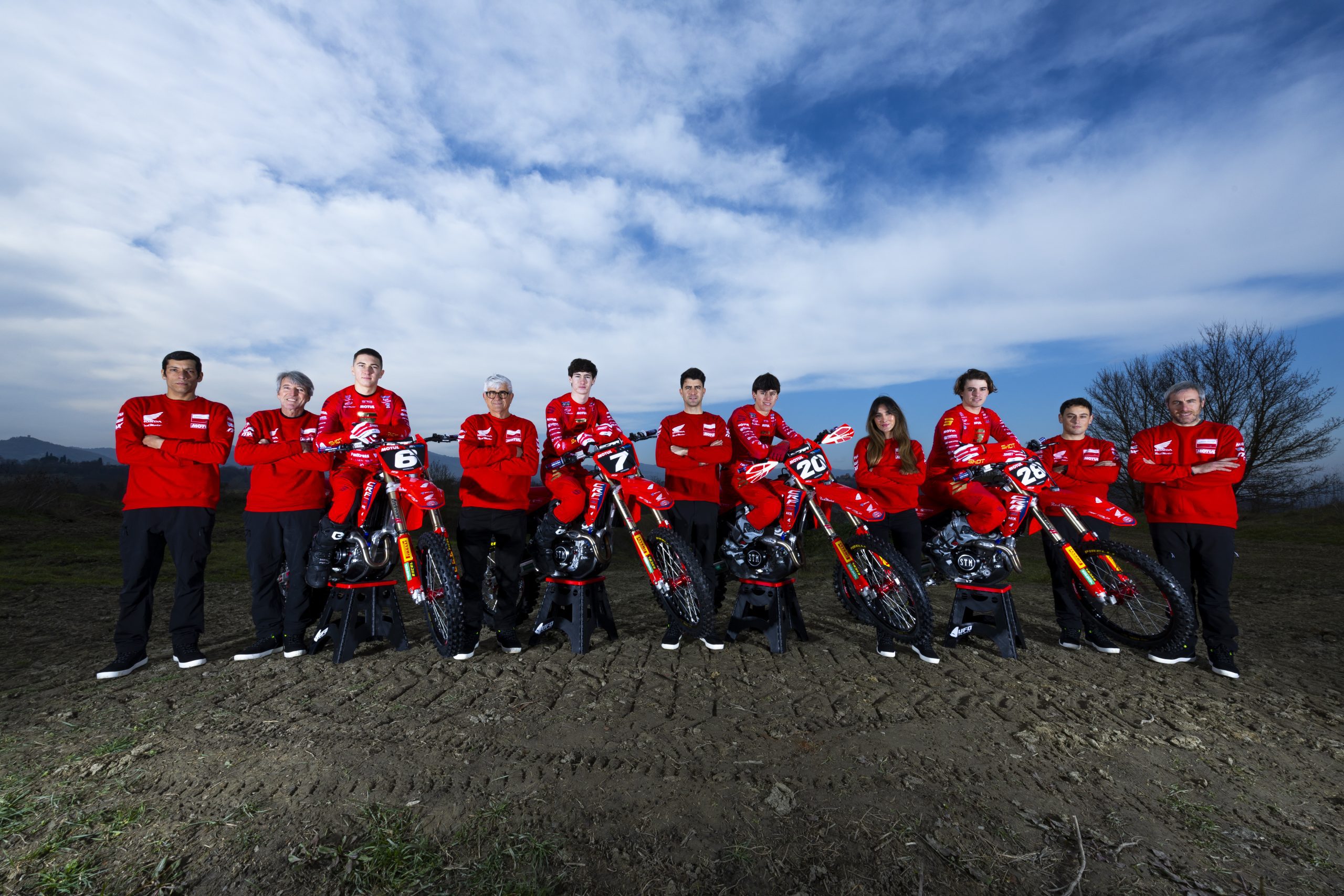Joakin Furbetta has been a familiar name in the paddock for many years, but in recent seasons he’s truly started to make waves—first by helping guide Valerio Lata and Mads Fredsoe to the front of the EMX250 class, and now by leading the bold and ambitious Beddini Racing Ducati project.
Following a strong 2024 campaign that saw his squad narrowly miss out on the EMX250 title, Furbetta has overseen a major shift in direction, moving away from GasGas to partner with Ducati on the development of the all-new Desmo250 MX machine. With the team now set to step up to the MX2 World Championship in 2026, excitement is building.
We caught up with Furbetta to reflect on a transformative year, the development process behind the Ducati 250cc project, the decision to part ways with GasGas, and what it’s been like working alongside familiar faces such as Alessandro Lupino and Antonio Cairoli. With passion and a clear vision, Furbetta is aiming to take Beddini Racing to the top—and he’s bringing Ducati along for the ride.
GateDrop: Joakin, looking back to 2024, how would you reflect on the season? You didn’t win the EMX250 title but you came close and still have some great days…
Furbetta: For sure, it was amazing season with a lot of ups and some bad luck that was the biggest reason for the second place in the championship. For sure, Valin was really strong at the end of the season but Valerio is on another level technically.
GateDrop: How was it working with Valerio Lata and Mads Fredsoe?
Furbetta: With both riders it was nice to work together, they have a such nice family, so it is always a pleasure to work with nice people around you. They was also really good riders, they listen and believed a lot in the team. I think that was the key of the big steps from Valerio and Mads.
GateDrop: The team worked hard to get factory support from GasGas, I think you found out quite early that you’d be losing the support, that must have been disappointing to hear?
Furbetta: We pushed a lot and we worked really hard to have the factory support, I think the brand was really happy about our work. They were in a critical moment at the end of 2024, so we decided to stop with that company without any contract in our hands.
At that time, the company we were working with was going through a difficult period, while we were aiming to grow. That was the main reason why we decided to change brands — there were no other motivations behind it. In fact, I personally spent 23 years with them. As for the season, things are going well: development is progressing, and the results on track clearly show that.
GateDrop: From a personal standpoint, what are the biggest challenges and the most rewarding parts of leading a project like this?
Furbetta: I want to win the World Championship. At the same time, my goal is to develop new talents by taking care of every aspect needed to support the riders. For me, it’s also essential to have a team that is happy and proud of what they represent.
GateDrop: How has it been working closely with Alessandro Lupino, he is great at developing bikes!
Furbetta: Alessandro has the right personality for development work — he’s very patient and detail-oriented. It’s great to work with him; he puts in a lot of effort and is fully committed.
GateDrop: Has there been many changes made since round one of the Italian Championship until now on the bike? If so what kind of changes?
Furbetta: When we raced the first round, the bike was really in its infancy. The engineers, together with the team, have done an outstanding job. Now, racing with the Desmo250 MX is starting to feel almost like business as usual.
GateDrop: Has Antonio Cairoli also had input into the Desmo 250cc machine? He has been one of your friends for many years, it must be exciting to now closely work with him in this Ducati project?
Furbetta: Tony only did a few laps on the bike when it had just come out. At the end of the season, I’d like to do 20 days of testing with him to try and further improve the bike. It’s really nice to work with friends like Tony, with whom we share the same passion — although, when it comes to work, friendship has to be put aside.
GateDrop: Can you share any details on the development process of the Ducati 250cc MX bike? When did it begin and what stage is it currently at?
Furbetta: The advantage of the Desmo is definitely the ability to use the engine at very high RPM’s. I’m confident we can still improve, but we are already at a good point.
GateDrop: For the 2026 season the team will enter the MX2 World Championship. How excited are you to enter the full GP series?
Furbetta: It’s going to be fantastic—we’ll have everyone’s eyes on us since we’re the new team in MX2. I just want to stay focused and try to be as prepared as possible. Beautiful and fast, this is the goal.
GateDrop: How do you plan to close the gap to established MX2 teams with years of development behind them?
Furbetta: Our entire team has members who are capable of competing with the best teams in the world. We certainly don’t have the experience of the multiple world champion teams yet, but with our eagerness to learn and grow, together with Ducati, we will reach the top soon.
GateDrop: Ducati has already made waves with the Desmo450 – how much crossover or knowledge sharing is happening between the 250 and 450 projects?
Furbetta: They are both Ducati projects, so there are many things that are similar, while others are completely different. We try to work as one united team with the entire Ducati off-road department, which helps streamline development and speeds up the achievement of our goals.
GateDrop: Is the plan to line up with two MX2 GP riders in 2026 or will you run 1 MX2 GP rider and one EMX250 rider? Or perhaps 2 MX2 and 1 EMX250? I am sure you’ve had your eye on talent already!
Furbetta: We will line up with one rider in the MX2 World Championship and we’d like to develop a young talent in the EMX250 class, with the goal of moving him up to the MX2 World Championship as soon as we feel he’s competitive enough.

